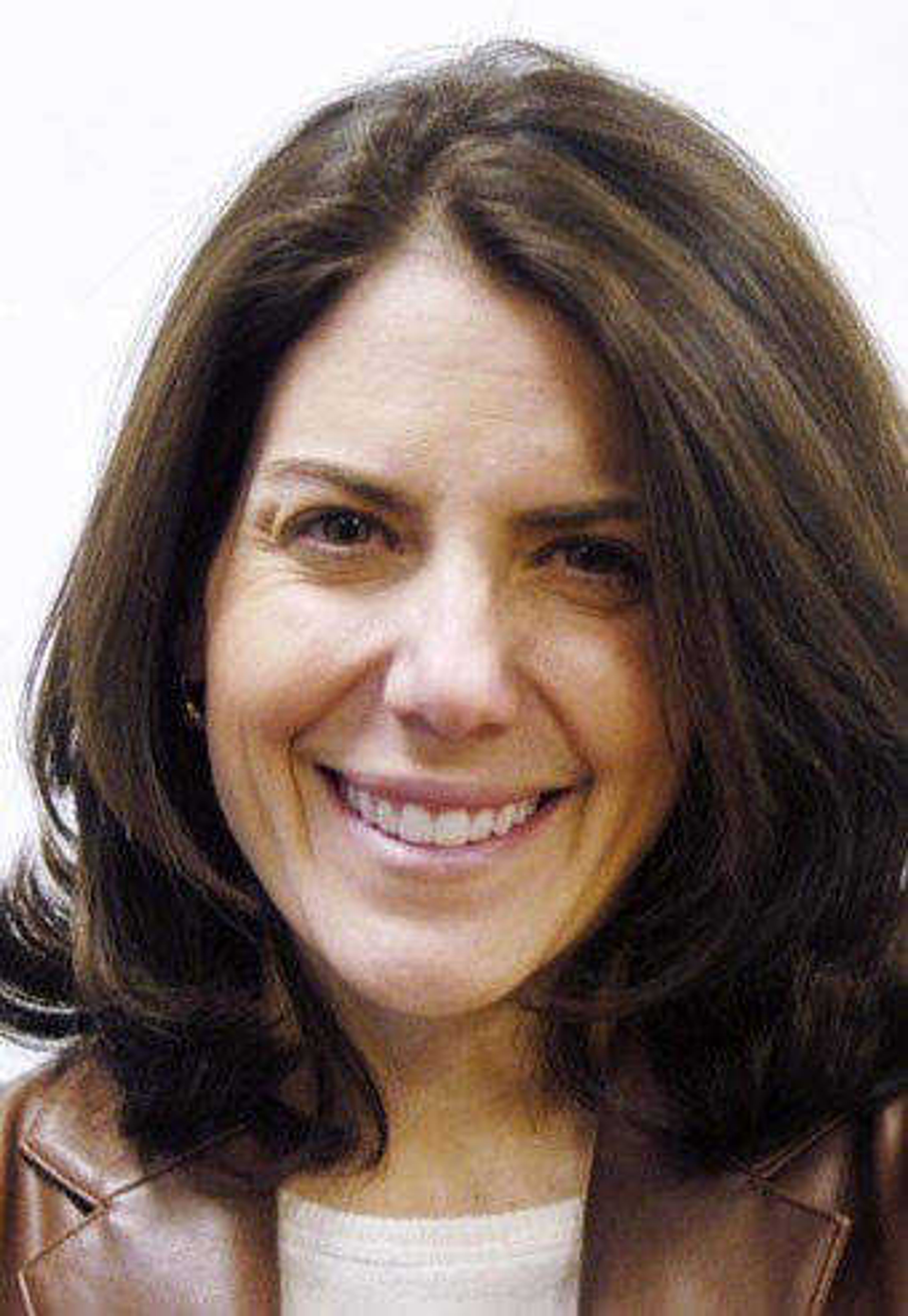Financial author gives Southeast students advice on building careers, managing money
With a little bit of biography and a little bit of common sense, financial author Jean Chatzky dished out advice for maintaining financial balance Tuesday evening to a Southeast Missouri State University audience. Chatzky's lecture was the first in a series aimed at promoting financial acumen among students titled "You Owe It to Yourself." For about an hour, Chatzky described to the gathering of about 250 the winding course that has made her a best-selling author and commentator on finances as financial editor of the NBC network program "Today" and on a nationally syndicated radio program.. ...
With a little bit of biography and a little bit of common sense, financial author Jean Chatzky dished out advice for maintaining financial balance Tuesday evening to a Southeast Missouri State University audience.
Chatzky's lecture was the first in a series aimed at promoting financial acumen among students titled "You Owe It to Yourself." For about an hour, Chatzky described to the gathering of about 250 the winding course that has made her a best-selling author and commentator on finances as financial editor of the NBC network program "Today" and on a nationally syndicated radio program.
"One of the things I learned from my father is that there are very, very many ways to get where you want to go," Chatzky said.
In her early career, Chatzky said, she took a job at Working Woman magazine. But when she was ready for advancement, she said, major business publications such as Forbes and Fortune didn't call for interviews. They didn't consider Working Woman a serious business publication. One editor recommended she return to school for an MBA, Chatzky said.
Unwilling to spend another two years in school, Chatzky worked as a freelance writer, publishing articles in Glamour, Cosmopolitan and appearing on "Wheel of Fortune." That was followed by a stint at a Wall Street financial firm, which gave her the background to land the job she wanted, at the Wall Street Journal-owned magazine Smart Money.
The point, she said, is that a career can be a series of fits and starts, spurts and setbacks. "It can get a little demoralizing, but only if you let it," she said.
The television opportunity came along when Smart Money made a deal to provide a writer every week for a segment on the NBC New York affiliate's morning news show. After several weeks of rotating writers, the show's producer asked Chatzky to take the position as a regular contributor. She met Matt Lauer, who landed a job at the affiliate and had a quick rise through the NBC ranks to "Today." She said Lauer asked her to bring the segment to the network.
"We all hope to be at the right place as the right time, but work hard," Chatzky told the audience.
Chatzky also spent part of the evening dishing out advice on staying financially solvent. Understanding where money is going is the first step to keeping a tight grip on cash, she said.
A budget should direct spending, Chatzky said. She laid out how much is right for every category in the budget -- 35 percent for housing, 15 percent for transportation, 15 percent for debt repayment, 10 percent for savings and 25 percent for everything else.
Each category included all the incidental expenses associated with that particular need -- housing includes insurance and maintenance, transportation includes oil changes and gas, not just car payments. The way to cut back, she said, is to defer purchases that aren't essential.
"It is not giving in to desires to have what you want when you want them," she said.
Saving is a lifelong process, Chatzky said. A dollar invested while age 25, for example, is worth far more than one invested in the same savings program 10 or 20 years later.
"I hear over and over that people wish they had made these choices at an early age," Chatzky said.
And while it is important to keep control of debt, it is also important to use credit so it is available when needed, she said.
Responding to questions from the audience, Chatzky said sometimes that means tough choices when debt payments are more than can be supported from current income. "Your credit score should be preserved while you are in college," she said. "That means not being late, not maxing out credit cards and not going crazy."
To one student who said he couldn't meet his car payments, Chatzky had blunt advice: Sell the car.
To another, who asked whether she should cancel unused cards, Chatzky said that it would be better to use them sparingly and pay them in full when due.
The evening was capped when four students were awarded prizes to help them pay off debts. They had applied at the end of October. Ashley Locklear of Jackson and Whitney Robinson of St. Louis were awarded $500 each; Catrina Lee of St. Louis was awarded $750 and Gavinda Jayasinghe of Sri Lanka was awarded $1,000 because fluctuating exchange rates had severely eroded his finances.
rkeller@semissourian.com
335-6611, extension 126
Connect with the Southeast Missourian Newsroom:
For corrections to this story or other insights for the editor, click here. To submit a letter to the editor, click here. To learn about the Southeast Missourian’s AI Policy, click here.










